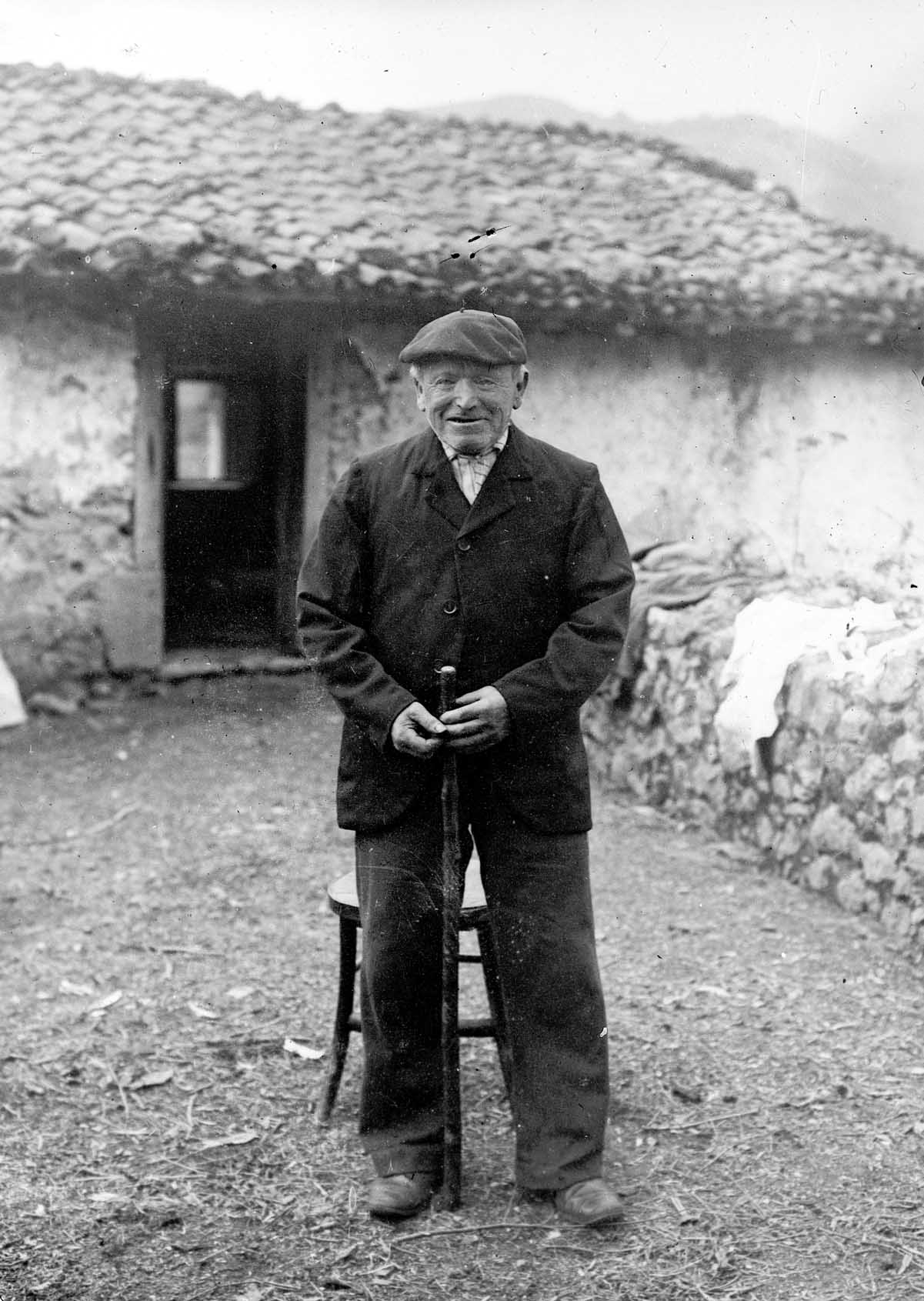Pello Errota on:
[Wikipedia]
[Google]
[Amazon]
 Pedro Jose Elizegi “Pello Errota” (1840–1919) was born on the estate of Goikoerrota's Mill near
Pedro Jose Elizegi “Pello Errota” (1840–1919) was born on the estate of Goikoerrota's Mill near
Pello Errota's bertsos
in Klasikoen Gordailua (Basque-language Classics Reservoir).
"Ari Naizela, Ari Naizela", audio of bertso challenge between Pello Errota and Txirrita.
{{Authority control Bertsolaris
 Pedro Jose Elizegi “Pello Errota” (1840–1919) was born on the estate of Goikoerrota's Mill near
Pedro Jose Elizegi “Pello Errota” (1840–1919) was born on the estate of Goikoerrota's Mill near Asteasu
Asteasu () is a town located in the province of Gipuzkoa, in the autonomous community of Basque Country, in the north of Spain.
References
External links
Official WebsiteInformation available in Spanish and Basque.
ASTEASU in the Bernardo Esto ...
, a town in the Basque
Basque may refer to:
* Basques, an ethnic group of Spain and France
* Basque language, their language
Places
* Basque Country (greater region), the homeland of the Basque people with parts in both Spain and France
* Basque Country (autonomous co ...
region of Gipuzkoa
Gipuzkoa ( , ; ; ) is a province of Spain and a historical territory of the autonomous community of the Basque Country. Its capital city is Donostia-San Sebastián. Gipuzkoa shares borders with the French department of Pyrénées-Atlantiqu ...
, and was one of the best known bertsolari
Bertsolaritza or bertsolarism is the art of singing improvised songs in Basque according to various melodies and rhyming patterns. Bertsos can be composed at a variety of occasions but are performed generally by one or various ''bertsolaris'' ...
s of all time.
A miller by trade, he married Joakina Antonia Bengoetxea from Zizurkil
Zizurkil (Spanish, ''Cizúrquil'') is a town located in the province of Gipuzkoa, in the Autonomous Community of Basque Country, northern Spain.
Notable person
* Kasilda Hernáez, republican anarchist militant who fought in the Spanish Civil ...
. A small man, he was keen and smart. His quick thinking and singing earned him a bright and prominent role in the bertso
Bertsolaritza or bertsolarism is the art of singing improvisation#Poetry, improvised songs in Basque language, Basque according to various melodies and rhyming patterns. Bertsos can be composed at a variety of occasions but are performed genera ...
scene. As he was a miller and his income was scant, he would accept any request to sing. Good-humored and with a smile always on his lips, he had irony and the capacity to tease. Frequently petitioned to perform, he never refused.
Pello Errota sung with all bertsolaris of his era performing at fairs, weddings, contests, etc. He also published ''bertso-paperak'' (verses printed on paper). He once won a contest that was disputed on the Euskal Jaia of Azpeitia. He also went to the Basque Fairs of Euskara from Elizondo alongside José Bernardo Otaño. He became so popular that in 1895 some Americans took him to Argentina, paying him the return ticket.
He was 78 years old when he died at his home in Goikoerrota. His daughter Mikaela worked for many years copying her father's works and thanks to her amazing memory the bertsos composed by him, and that she herself wrote, have been preserved for over 80 years. Mikaela also wrote a book which related the life of her father. It narrates her family's history, and the Carlist Wars
The Carlist Wars (, ) were a series of civil wars that took place in Spain during the 19th century. The contenders fought over claims to the throne, although some political differences also existed. Several times during the period from 1833 to 1 ...
among other things.
External links
Pello Errota's bertsos
in Klasikoen Gordailua (Basque-language Classics Reservoir).
"Ari Naizela, Ari Naizela", audio of bertso challenge between Pello Errota and Txirrita.
{{Authority control Bertsolaris